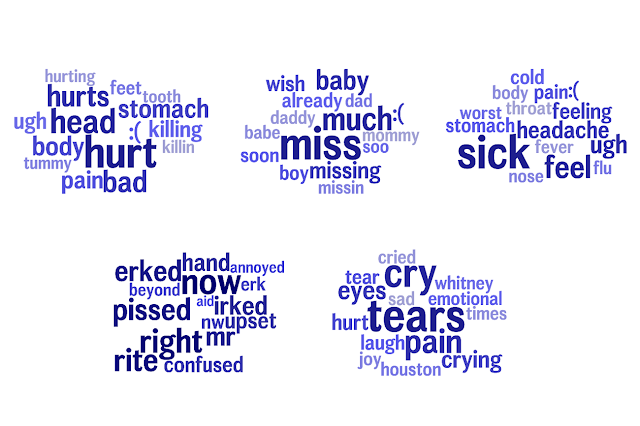Exercise may help fight depression in seniors: Study

Here's another reason to add physical exercise to your daily routine. According to a recent study, exercising may help fight depression by stimulating muscle-generated mood boosters. According to research, the underlying mechanisms that make us feel good when we exercise, persist into old age and highlight the importance of staying active. "A previous study demonstrated these mechanisms in healthy young adults, however, it was unknown whether the muscle deterioration which accompanies aging would preclude older adults from achieving similar exercise-induced benefits. This could have important implications concerning the use of exercise as a treatment or a preventative strategy for depression in seniors," said David Allison, lead author on the study which was published in the American Journal of Physiology. Muscle loss is a common problem in the elderly, which may restrict that pathway, and therefore increases the risk of mental depression, says Allison. Fo...









